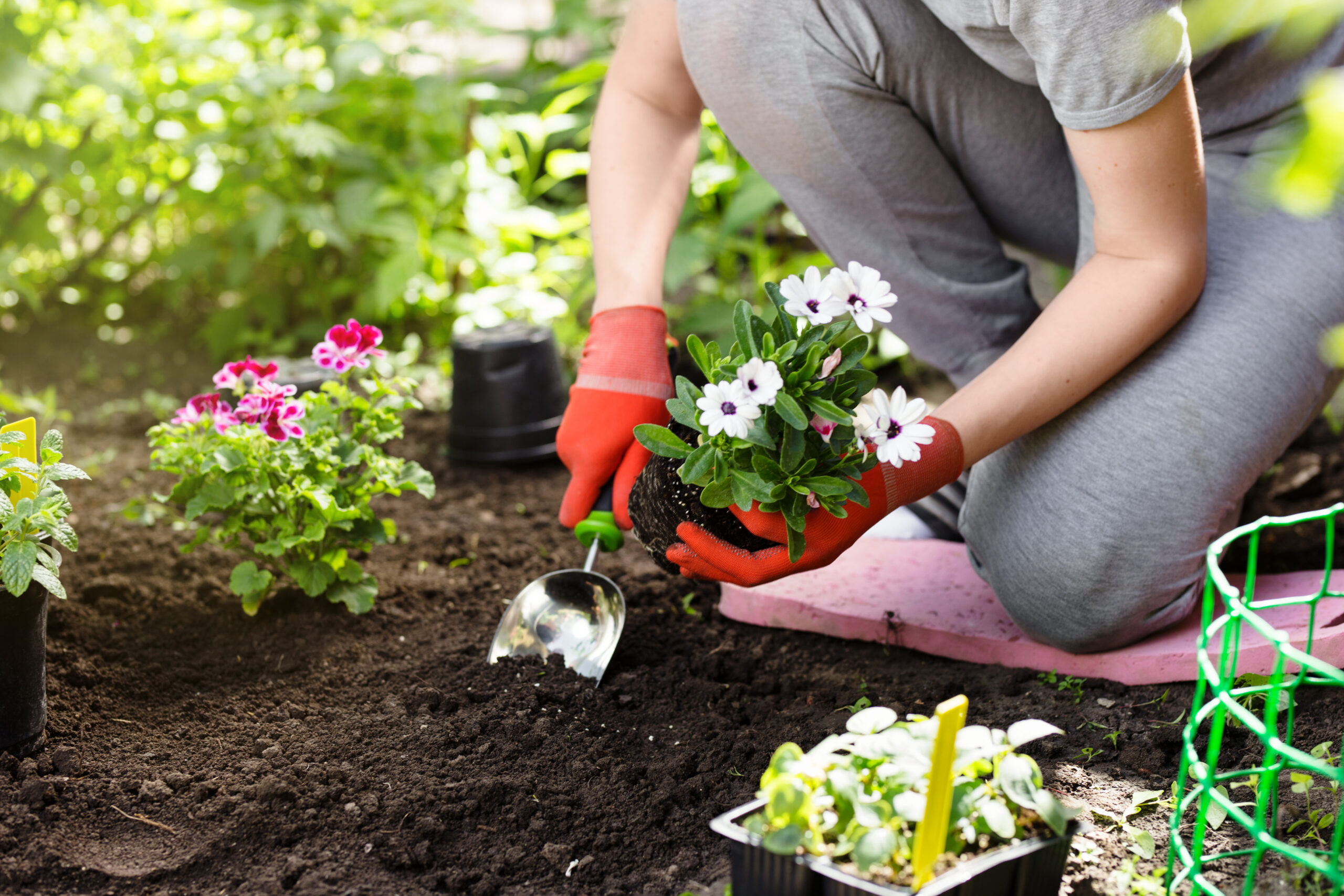I spend most of my professional life helping people navigate the challenges of their minds—untangling thoughts, processing trauma, managing symptoms, and finding healing in the face of anxiety, depression, and other mental health struggles. But when I need to recharge myself, I often turn to something far simpler and quieter: my garden.
There’s something profoundly healing about digging your hands into the earth. About watching something grow from seed to bloom. Gardening has become more than just a hobby for me, it’s a practice. A way to reset, reconnect, and rediscover peace. And over the years, I’ve seen how this quiet, earthy ritual can support mental well-being in ways that are both powerful and lasting.
Mental Health Needs More Than Medication
As a psychiatrist, I believe in the power of evidence-based treatment. For many of my patients, that means a combination of therapy and medication. But mental health isn’t just about prescriptions, it’s also about lifestyle. It’s about creating small, meaningful habits that help regulate emotions and provide purpose. Gardening is one of those habits.
You don’t need to be a psychiatrist to know that life can feel overwhelming. Whether it’s managing depression, navigating a bipolar diagnosis, or simply carrying the weight of everyday stress, the modern world asks a lot from our minds. And too often, we don’t have healthy ways to decompress.
Gardening offers an answer. It slows us down. It grounds us—literally and figuratively.
Dirt is Good for You
We often forget that we’re not separate from nature. We were built to be in it, to interact with it. Studies have shown that exposure to soil can boost serotonin levels. There’s a specific microbe in soil, Mycobacterium vaccae, that has been linked to improved mood and lower anxiety. No wonder I feel better after an afternoon tending to my garden beds.
But beyond the biological benefits, gardening encourages mindfulness. When I’m outside pulling weeds, trimming herbs, or planting tomatoes, I’m fully present. My phone is in the house. The noise of the day fades. All that matters is the task in front of me. That’s a rare gift in today’s world.
Gardening Builds Routine and Responsibility
For individuals struggling with depression, even small tasks can feel daunting. One of the ways I encourage patients to re-engage with life is by building gentle routines—small responsibilities that offer a sense of accomplishment. Gardening fits this perfectly.
Plants require care, but they’re not demanding. They don’t judge. They don’t rush. You show up, give what you can, and over time, you see the fruit (or flowers) of your labor. That sense of responsibility—without pressure—is deeply therapeutic.
I’ve worked with patients who’ve started with just one plant. A potted basil or a succulent. Over time, as their confidence and energy returned, that one plant turned into a patio garden or a backyard oasis. It’s not just about growing vegetables, it’s about growing belief in oneself.
Nature as a Mirror
There’s something incredibly powerful about watching the natural cycles of life unfold. Plants don’t rush. They have seasons. Some bloom quickly, others take their time. Some die back and come again. That rhythm reminds me—and my patients—that healing isn’t linear. Growth takes time. There are setbacks, but there are also seasons of renewal.
When I see a seedling push through the soil after weeks of waiting, I’m reminded of the quiet strength inside all of us. Sometimes, all we need is the right environment, a little patience, and some consistent care.
A Place of Peace and Purpose
Gardening isn’t just about what you grow. It’s about the space you create. For me, my garden is a place of peace. I’ve spent quiet mornings with coffee among my flowers, evenings pulling weeds after a long day of appointments, and entire weekends experimenting with new herbs and vegetables.
There’s joy in the process and that joy spills over into the rest of my life. I’ve brought patients fresh rosemary from my backyard and shared gardening stories during sessions. These moments are more than small talk. They’re reminders that healing happens in the everyday.
You Don’t Need a Backyard to Begin
I know not everyone has access to a yard or a garden plot, but you don’t need a full outdoor space to experience the benefits. A sunny windowsill and a few pots can be enough. Start small. One plant. One pot. One seed. That’s how every garden—and every healing journey—begins.
Over time, that simple act of watering, watching, and tending becomes a powerful form of self-care.
Growing Forward
We live in a fast-paced world, but our minds and bodies weren’t built for constant hustle. Gardening gives us permission to slow down. It reconnects us to the earth, to a sense of purpose, and to the healing power of nature.
As both a psychiatrist and a gardener, I’ve learned that the best healing often happens when we find balance—between mind and body, between effort and rest, between modern medicine and timeless practices. Gardening is one of those timeless practices, and it continues to bring me peace, clarity, and joy.
So if you’re feeling overwhelmed, anxious, or just out of sync, try getting your hands in the soil. You might be surprised what starts to grow.
